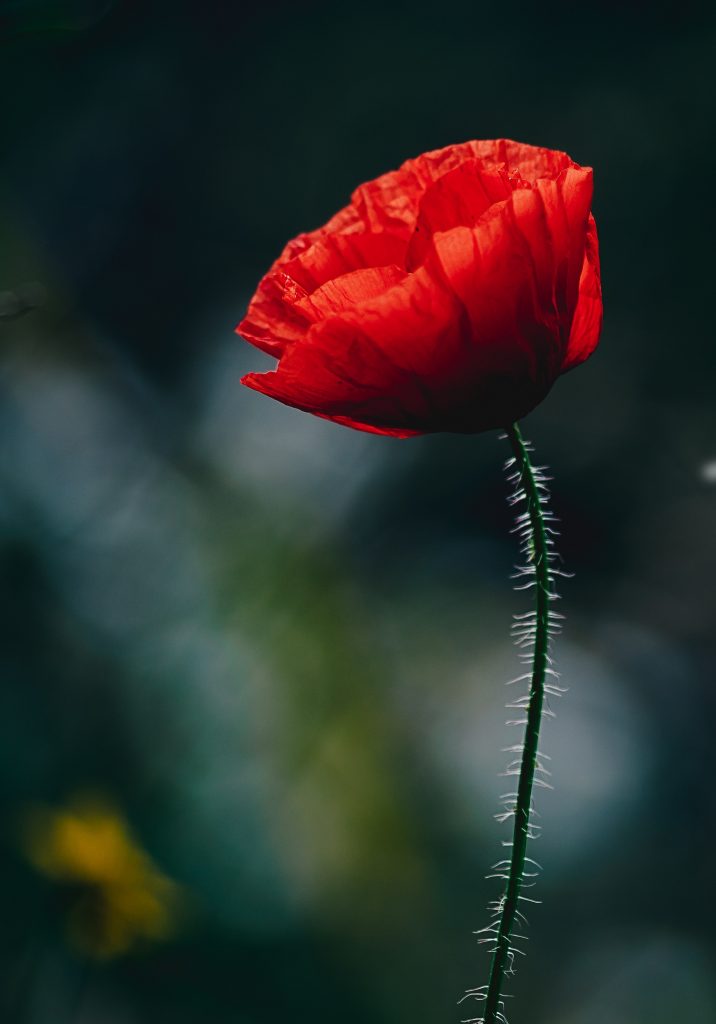 This story comes from my late mother’s side of the family I was brought up in. I am no blood relative – but I cannot forget it.Two soldiers walked across Roundhay Park in the first years of the 20th century. One spotted a lively young woman out with her friends.
This story comes from my late mother’s side of the family I was brought up in. I am no blood relative – but I cannot forget it.Two soldiers walked across Roundhay Park in the first years of the 20th century. One spotted a lively young woman out with her friends.
‘See that bonny lass – I’m going to marry her,’ said Walter Gubby.
He did – twice. First was a private unofficial affair because he was too young to marry without his commanding officer’s permission. The second ‘proper’ wedding was on New Year’s Day – the same date my parents got married, and that I did.
Walter loved Leah. Whether he knew she had a glass eye at first sight, I don’t know, but their marriage produced seven children including my Nanna, Vera, and her brother, Bert. It was by all accounts a noisy, happy household. They coped through the loss of one beloved daughter to lockjaw together.
Then came the call-up for the Great War. Walter had done well in the Army. He had risen as high as a man from a working class background could. He was a non-commissioned officer in charge of several men.
He kept them as safe as anyone could in that war and they became a second family to him. Then they found an abandoned German trench.
It was booby-trapped. He led many of his men out from the flames to safety. Over the noise of the guns, he heard the rest of his men yelling for help. His superior officer forbade him to go back.
‘I can hear them, Sir. I cannot leave them,’ he said and disobeyed orders. He never came back. His name is on the Menin Gate.
The news came to Great-Grandma on the day of a parade. She ran right through the marching men with their pomp and circumstance, screaming with grief and rage.
Rage that she had been left with six children on her own, without the love of her life.
More rage came later. Because he had disobeyed orders she would not get a widow’s pension. Loss and poverty together. She would have no truck with medals and parades and speeches about the glory of war.
That loss meant my Nanna Vera became the second parent.That then meant when my great uncle Bert got a scholarship to Cockburn High School, he went – but when Nanna won the same rights, she was not allowed to go. They couldn’t afford the uniform. A dreadful loss to teaching. (Though my mother and I did go on to teach.)
That also meant Great-Grandma Gubby stayed with my Nanna all her married life. I remember a sharp-tongued, wizened old woman with a pink eyepatch who ruled the household like an empress from her bedroom upstairs.
The legacy of that one small tragedy is still there – the effect on my adoptive mother – and finally on me. How many more women’s lives were changed or blighted?

We must remember. The soldiers as well as all who endured.